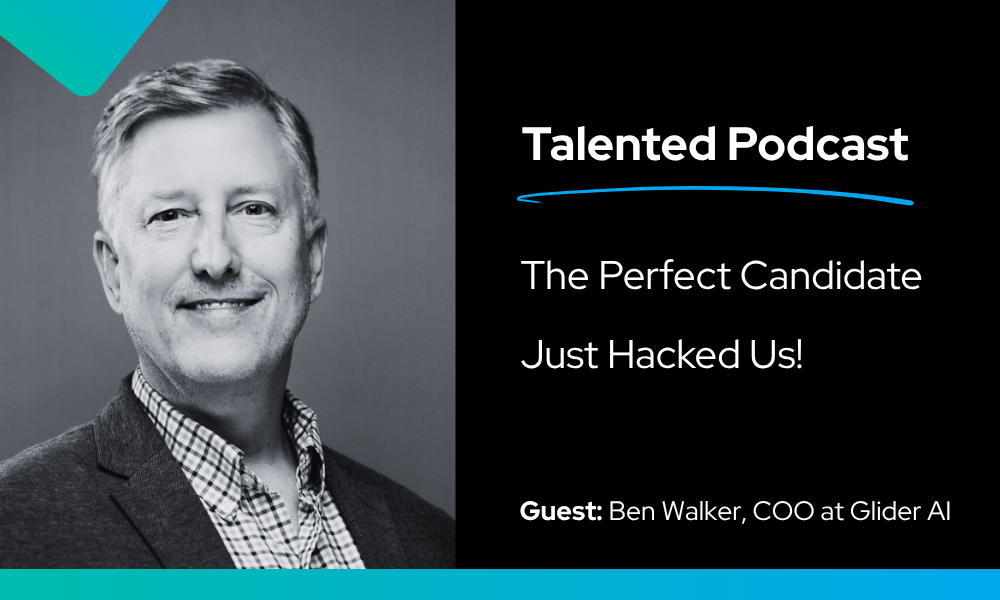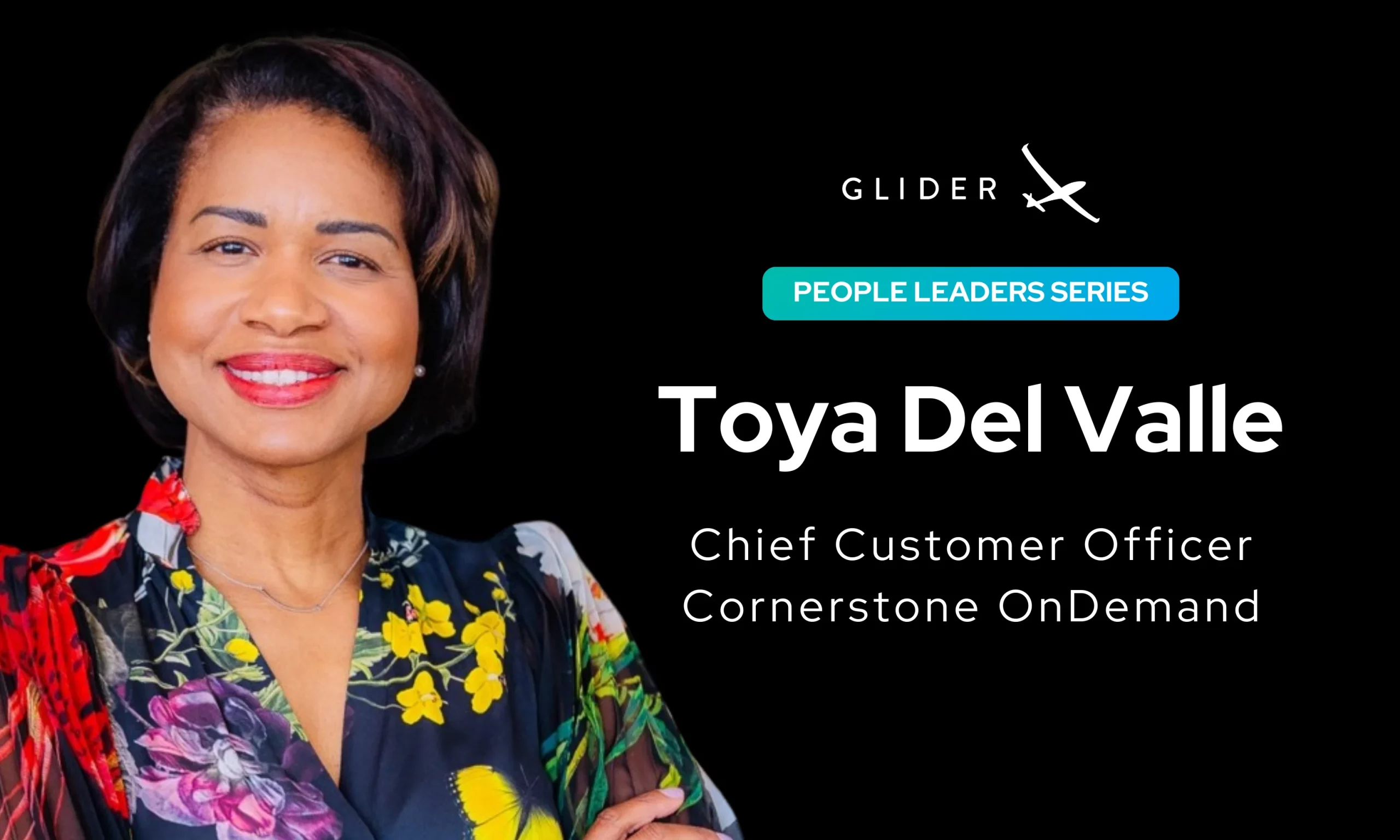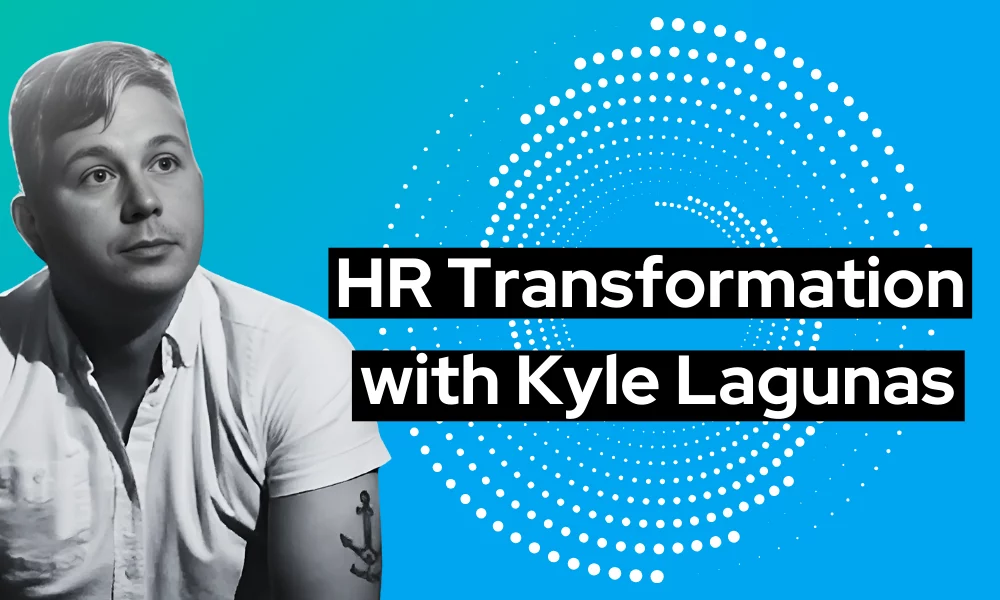
Make talent quality your leading analytic with skills-based hiring solution.

The workplace is shifting — and these changes are driven by the values and priorities of a new generation of workers: Gen Z. Many companies have to adjust their recruitment methods to attract and keep these young employees.
Unlike previous generations, Gen Z craves more personal connection and purpose from their jobs — they want to feel valued like they’re making a real difference. This is a significant change for traditional work cultures and recruiting strategies. Gen Z isn’t afraid to shake things up — they’re used to a more flexible and connected way of working and learning (thanks to the pandemic), and they expect companies to invest in their well-being and professional growth, not just offer a Paycheck.
Are you trying to recruit and retain the best Gen Z talent? Understanding these demographic values and creating a work environment that appeals to them is important.
Individuals born between 1997 and 2012 comprise Gen Z — the fresh generation of workers known for their technological fluency and entrepreneurial mindset. They seek meaningful work and value diversity and inclusion at their workplaces.
Born and raised in a digital world, Gen Zers have always interacted with advanced technologies. This has made their outlook much more collaborative and open to sharing ideas. They view technology as a tool for change.
Two Gen Z hiring trends make it particularly difficult to onboard young talent
• Gen Zers are not as loyal to their employers as previous generations. They are much more open to exploring different job opportunities (and do so frequently). This high job-hopping rate poses recruitment and retention challenges.
• Gen Z workers expect exceptional benefits, including flexible working conditions and comprehensive health coverage. And if those needs aren’t met, they’re not afraid to walk away.
1. Employer Branding
You must brand your company as committed to sustainability and work-life balance to attract Gen Z talent.
This generation prioritizes environmental and social responsibility. To showcase your commitment to these values, highlight your sustainability initiatives (such as your renewable energy adoption and/or recycling programs).
Moreover, Gen Z wants a healthy medium between personal and professional life. Remarkably, 40% of them are willing to accept as much as a 5% pay cut or a role that offers a better work-life balance.
Therefore, the key to hiring Gen Z is emphasizing sustainability and a supportive, balanced work environment in your branding. Show them you’re a forward-thinking company, and they will likely want to join your team.
2. Use of Recruitment Technology
Gen Z job applicants expect their recruitment methods to be efficient and online. They’re comfortable with innovations like artificial intelligence in recruitment because they understand that these technologies speed up the screening and interview processes. You must have a modern, tech-savvy recruitment strategy to hire more of these young professionals.
3. Flexible Work Arrangements
The traditional 9-5 work schedule is dying out, as shown by the rising popularity of the gig economy and remote teams. Gen Zers are increasingly opting for flexible and remote work options, so progressive companies that offer flexible work hours and a relaxed work atmosphere stand a better chance of appealing to this demographic.
4. Career Development Opportunities
Gen Z values continuous learning and professional growth. If you’re serious about attracting and retaining this talent, you must offer training and development opportunities to help your young employees acquire new skills and advance their careers.
Aside from training programs, you can successfully incorporate mentorship and other personalized learning initiatives to hire top talent. Mentoring builds trust and loyalty and encourages collaboration and open communication. This is why leading tech companies — including Google and Amazon — invest in mentorship programs.
5. Inclusive Company Culture and Values
Successfully navigating generational diversity in the workplace means understanding the unique attributes of different generations and creating an inclusive environment that benefits everyone.
Each generation contributes distinct strengths and challenges to the workplace, from the experienced baby boomers to the tech-savvy millennials and Gen Z. You must recognize and value these differences by promoting open communication across all generations, facilitating collaborative opportunities, supporting flexible working conditions, and emphasizing professional development.
6. Effective Communication
Gen Z wants to work in environments that foster open communication — a space where they feel comfortable asking questions and sharing ideas. For this generation, effective communication is a two-way street. It would help if you encouraged them to express their perspectives and participate in brainstorming sessions.
Technology can bridge communication gaps and ensure everyone is on the same page (especially if some work remotely). This helps reduce misunderstandings and keeps projects moving forward smoothly.
7. Purpose-Driven Work Culture
Generation Z is deeply concerned with the meaningfulness of their work. They often think about how their efforts impact the world. As a generation known for its social responsibility, they tend to seek careers that provide a sense of purpose — work that lets them contribute to something bigger than themselves. In your recruitment strategy, let potential hires know what your company stands for and its core mission.
8. Consider Wellness Programs and Mental Health Initiatives
Invest in mental health and wellness initiatives by offering mindfulness classes, yoga, or meditation retreats. This shows Gen Z job seekers that your company is committed to their well-being and doesn’t see them as just expendable cogs in a machine.
9. Foster An Environment of Mutual Respect.
Mutual respect is crucial in any workplace, but it’s even more critical in multigenerational teams. In your talent recruitment strategy, ensure that your business respects and values everyone’s opinions, promotes honest and open communication, and encourages diverse perspectives.
Transparency is another crucial factor for Gen Z. They seek open dialogue about policies and procedures with their employers. Your talent acquisition strategy should empower them. Consider providing detailed FAQ pages to maintain clarity and openness in your hiring process.
Conclusion
Schedule a Glider AI demo if you want to use AI in recruitment to attract and hire more Gen Zers. Our platform makes it easy to integrate cutting-edge technologies that meet the expectations of this new generation.

“The Perfect Candidate Just Hacked Us”: Inside the Global Playbook of Hiring Fraud That 100% test score might be your biggest red flag. Enterprise breaches don’t always start with phishing emails; sometimes, they start with a fake job interview. In this episode of Talented, Joseph Cole sits down with COO Ben Walker to unpack one […]

Can HR Stop Playing Buzzword Bingo with Skills and AI? If you’re an HR or TA practitioner or work in HR Tech in any capacity, AI and Skills-Based Hiring is what everyone is talking about. The problem? All the talk is diluting the importance of two very interrelated topics. Glider AI sponsored the Transformation Realness […]

Q&A with HR/TA Analyst Kyle Lagunas The traditional playbook that was HR is being rewritten. AI is reshaping work, skills-based strategies are transforming hiring, and HR teams are under pressure to deliver more with less. HR isn’t just about managing people anymore—it’s about engineering the future of work. In this Q&A session, Kyle Lagunas and Joseph […]